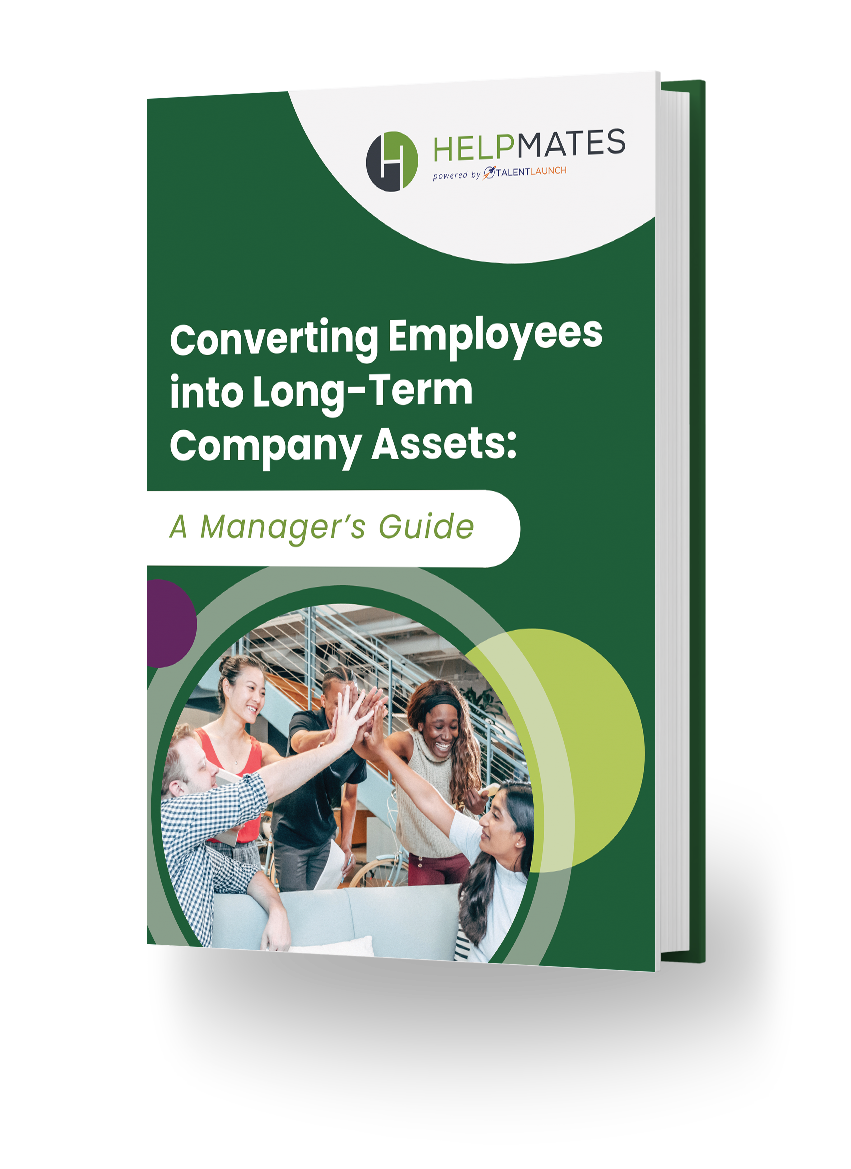Recruiting For a Team Fit Can Boost Your Organization’s Performance
When seeking the ideal candidate for a position, it’s easy to become fixated on finding the “perfect” individual — someone who ticks every box on your list of qualifications and skills.
However, this pursuit often leads hiring managers into a risky mindset of waiting for the one or overly focusing on specific skills at the expense of potential superstars who may not initially seem to fit the mold but possess the ability to excel and adapt.
Focusing solely on specific qualifications without considering broader team dynamics can inadvertently extend the hiring process, increase costs, and ultimately limit your access to top talent.
A more holistic approach that considers the bigger picture — how a candidate fits within your team and contributes to your company culture — can mitigate these risks and enhance long-term organizational health.
Taking a Big Picture Recruiting Approach Can Help You Find and Hire Right-Fit Talent
Ignoring the importance of cultural fit can prove costly.
Research indicates that hiring someone who does not align with the company’s culture can lead to significant expenses down the line — from reduced productivity and morale to the high costs of turnover, which can amount to at least 30% of the employee’s annual salary.
Moreover, toxic workplace cultures, which may be exacerbated by poor hiring decisions, have cost U.S. businesses billions in lost productivity and increased turnover according to SHRM.
How to Transition to a Team Fit Focus: Asking The Right Questions
Transitioning your focus to team fit doesn’t require a complete overhaul of your recruitment strategy, but it does necessitate a shift in your interview approach.
To help you make this shift, consider integrating the following seven questions into your interview process.
These are designed not just to gauge a candidate’s ability to perform the tasks associated with the job, but also to understand how they will mesh with your team’s culture and contribute to its dynamics.
1. What’s your take on the perfect work/life balance?
If your team thrives while burning the midnight oil to finish the big project, someone who enjoys leaving work at the same time every day might not be a fit.
2. What does your ideal workplace look and feel like?
Directly asking about the type of workplace culture preferred by candidates can present insight into whether they will be a good fit (and can help you determine whether some internal changes should be considered.)
3. What has been the greatest work day of your life? Why?
If there isn’t a match between someone’s best work day ever and what your organization aims to deliver for its employees, there might not be a fit. (Here’s how to let a candidate know without ruining the relationship.)
4. When have you been in a position and didn’t know what to do?
Learning new things happens in most jobs. Some organizations encourage a more open, “learn as you go” system than others. Asking an open-ended question here gains extra insight into whether candidates could struggle without specific direction at every turn.
5. What does “teamwork” mean to you?
From weekly meetings to daily rundowns and multiple, coordinated projects, the definition of “teamwork” can shift widely from organization to organization. Aiming for nuts and bolts-type responses here instead of theory can really help you zero in on a candidate’s potential fit.
6. When have you been forced to adapt to change in the workplace? What happened?
Some candidates prefer to have extreme consistency from day to day. If your business is gearing up for a big acquisition, is experiencing immense growth or is going through any significant organizational changes, the answer to this question could serve as a red flag.
7. When has an employer NOT been a great fit for you? Why not?
By their nature, candidates don’t prefer to speak negatively during an interview. But constructive input and thorough responses to this question can provide an excellent standard to use for comparison.
Finding the Right Team Fit Shouldn’t Feel Impossible
Recruiting for team fit can feel like searching for a needle in a haystack (or our personal favorite: a purple unicorn).
But it doesn’t have to be that way.
With the right staffing expertise, it becomes a navigable challenge. At Helpmates, we don’t just connect you with candidates; we ensure they’re a perfect match for your team dynamics and company culture.
Leveraging our extensive network of top talent across Southern California, we tailor our search to meet your specific recruitment and retention needs.
Want More Recruitment and Retention Advice?
Don’t miss out on our exclusive manager’s guide, free templates, and other essential resources for hiring managers that are designed to enhance your recruitment strategy.






